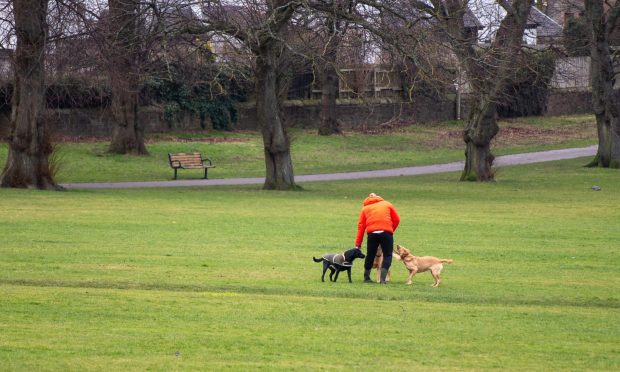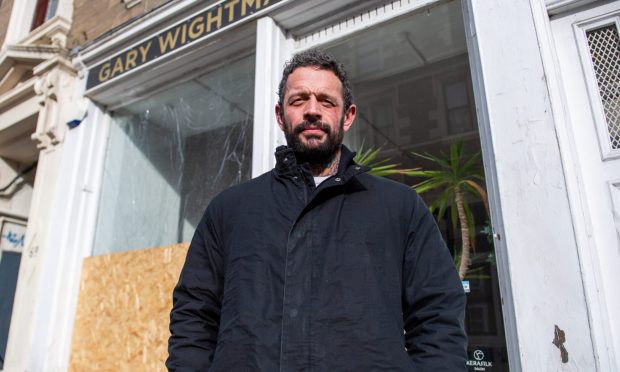True story: if my second child had been a boy, then I wanted to call him Socrates.
The name paid tribute to two of history’s greatest men: Socrates (the footballer) and Socrates (the original), who you will be familiar with from the works of Plato and Bill and Ted’s Excellent Adventure.
Even if 100% of people disagreed with me — and they did, often with no small amount of violence — I was convinced I was onto a winner.
At the very least, I thought, Socrates Morkis has the sound of an extremely agreeable, if lightweight, detective show on TV.
Luckily for my daughter and indeed my marriage, Georgia was a she, not a he.
But this week’s beast from the east has had me thinking about Socrates (the original) again.
Despite laying the foundations of Western philosophy, he didn’t actually leave any writings behind him for posterity.
All we know of Socrates and his teachings come from the works of his pupils and contemporaries, such as Plato.
As they will have polished and refined his arguments, it makes it impossible to know the real Socrates.
Unfortunately, we now live in an age where every passing thought can be disseminated and saved for posterity in seconds, which often makes us looking more foolish than we would ever wish.
When the first of the snow fell last week, critics took to social media to complain about a perceived lack of grit on the roads.
Within moments, the woman in charge of gritting operations had weighed in to defend Tayside Contracts.
It doesn’t take much to understand what happened. After asking staff to work in extremely hazardous conditions overnight, reading what she must have perceived as unwarranted and unfair criticism must have been as welcome as hemlock in the ear.
But taking such online criticism personally and getting embroiled in an online spat does no one any favours.
There is no room for the Socratic Method — the questioning dialogue used to explore and challenge assumptions — online. Instead, combatants simply become more entrenched in their positions the longer an argument continues.
It’s also worth remembering the people hiding behind online avatars — even those using their real names — do not behave as they would in real life.
In a world without nuance or face-to-face interaction, they are no more real than shadows on a wall.
Unlike Socrates, every social media user will leave thousands of words behind them.
So it’s best to take a deep breath and think hard about what you really want to say before you post anything. Because you never know who will be reading — or judging.










